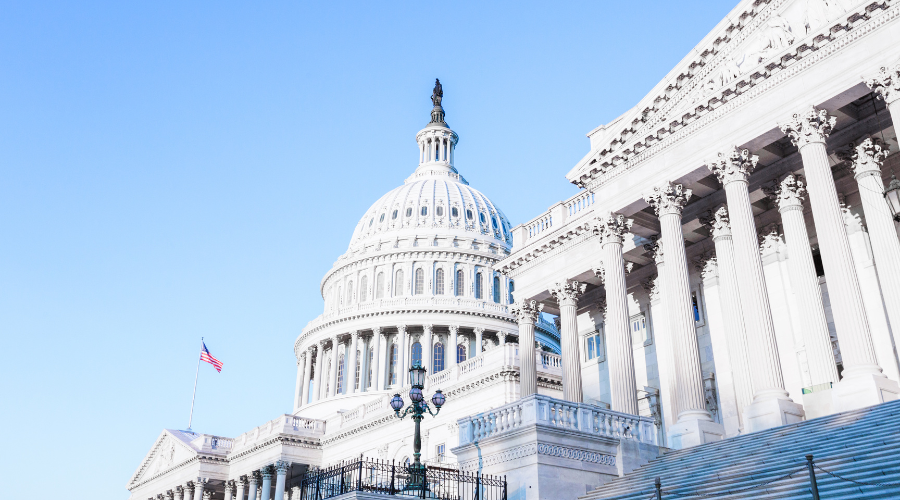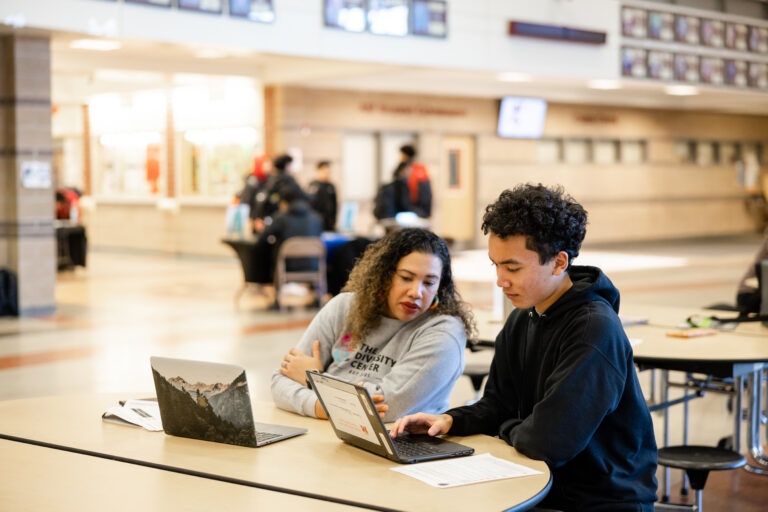
Ben Mitchell
Director of Advocacy & Policy, Foundation for Tacoma Students
In 2021 the state legislature enacted a new tax on capital gains. The revenue from the tax is restricted and can only be used for child care, early learning and education purposes. However, on every Washington ballot this November there will be a question to voters asking if we want to repeal the capital gains tax.
In this week’s newsletter I’ll describe what the capital gains tax is, how it works, what it pays for, and unpack the effort to repeal the tax. My emphasis is on two things:
- The tax is structured in a way so that it’s very narrowly focused on people who have a lot of income from the sales of stocks.
- It pays for high quality and affordable childcare and early learning, and repealing the capital gains tax would be a hit to families.
Capital gains and Washington’s tax
A capital gains tax is a tax on the profit you earn when you sell something at a higher price than what you paid for it. Some common examples are capital gains you earn when you sell stocks or other investment products like mutual funds, real estate, a business, or those action figures in your basement in the original packaging.
The federal tax code includes a capital gains tax on individuals and corporations, and the exact amount that people pay in federal capital gains taxes depends on their tax bracket and the amount of time they’ve owned the asset. In addition to the federal capital gains tax, many states consider capital gains to be ordinary income, and they tax capital gains at their state income rate.
In Washington we don’t have a state income tax that can be applied to capital gains, but we do have a separate tax that took effect in 2022 that is just for capital gains. The capital gains tax in Washington is levied at a rate of 7% on capital gains over $262,000. In other words, your first $261,999 in capital gains income is tax free, and the 7% is only applied to the income above that. Our capital gains tax policy also has a lot of carve outs that are excluded from the tax, including:
- Any kind of real estate income, land and/or structures
- Retirement account earnings
- The sale of a family-owned small business
The revenue that is brought in from the capital gains tax is distributed to two accounts in our state budget:
- The first $500 million that is brought in each year is deposited into something called the Education Legacy Trust Account (ELTA). According to state law, money in the ELTA may only be used for child care, early learning, K-12 education, and higher education purposes. How funds are specifically used in those areas is determined by lawmakers and budget writers.
- After the first $500 million, any additional revenue brought in by the capital gains tax is deposited into the state school construction account, and can be used only for… school building construction, renovations and upgrades.
In its first year the capital gains generated $890 million dollars in revenue. This was quite a bit more than anticipated as Lawmakers and Governor Jay Inslee penciled in $1.1 billion over two years, and the tax has brought in close to that total in just one year so far.
The capital gains tax could be repealed in 2024
There will be a proposal put to voters this November to repeal Washington’s capital gains tax. The tax already survived a legal challenge to the state Supreme Court, and the repeal vote this year came about through a successful signature gathering effort across the state. This was done as what’s called an “initiative to the legislature,” which allows any registered voter, acting by themselves or on behalf of an organization, to propose a new state law or to amend or repeal an existing state law. All they need to do is gather about 324,000 verified signatures from Washington residents.
When an initiative is submitted the Legislature must take one of the following three actions:
- They may adopt the initiative as proposed and it becomes law.
- They can reject or refuse to act on the initiative and the initiative must be placed on the ballot.
- They may propose a different measure dealing with the same subject and both measures must be placed on the ballot.
Democrats in the legislature chose option #2 from above, as was expected by interests in favor of repealing the tax. From here it will come down to voters as to whether or not the tax will be maintained.
Repealing the capital gains tax would have bad consequences for education
The direct impact of repeal of the capital gains tax is that it would lop off about a billion dollars each year from the state budget that is explicitly directed to go to child care, early learning, K-12 education, and higher education. A significant portion of the revenue has supported implementation of the Fair Start for Kids Act, which does a lot of meaningful things to make child care and early learning more affordable:
- It caps the copays that low-income families have to pay that are in the Working Connections Child Care program.
- It expands free child care or preschool through our Early Childhood Education and Assistance Program.
- It provides a bonus for child care providers to provide care during off-hours.
- It invests in quality improvements in child care and early learning.
- And it provides new grants to early learning providers to help them with their operations.
All of those good investments would be on very uncertain ground if the tax is repealed. The money would have to come from somewhere to maintain those programs, and then it would be a budget situation of robbing Peter to pay Paul. Either Fair Start for Kids would go away, or something else in the state budget would have to suffer.
My appeal
If you’re reading this and you make more than $262,000 in capital gains income each year, then at some level I just want to congratulate you on your financial success and good fortune. Seriously. I don’t assume you’re a bad person. But I also think that the specifics of the capital gains tax make it a really good policy. It’s a progressive tax with the incidence falling only on people who have the means and then some to pay. And the things it pays for – namely child care and early learning services – are a big need and are important for our collective well-being.




